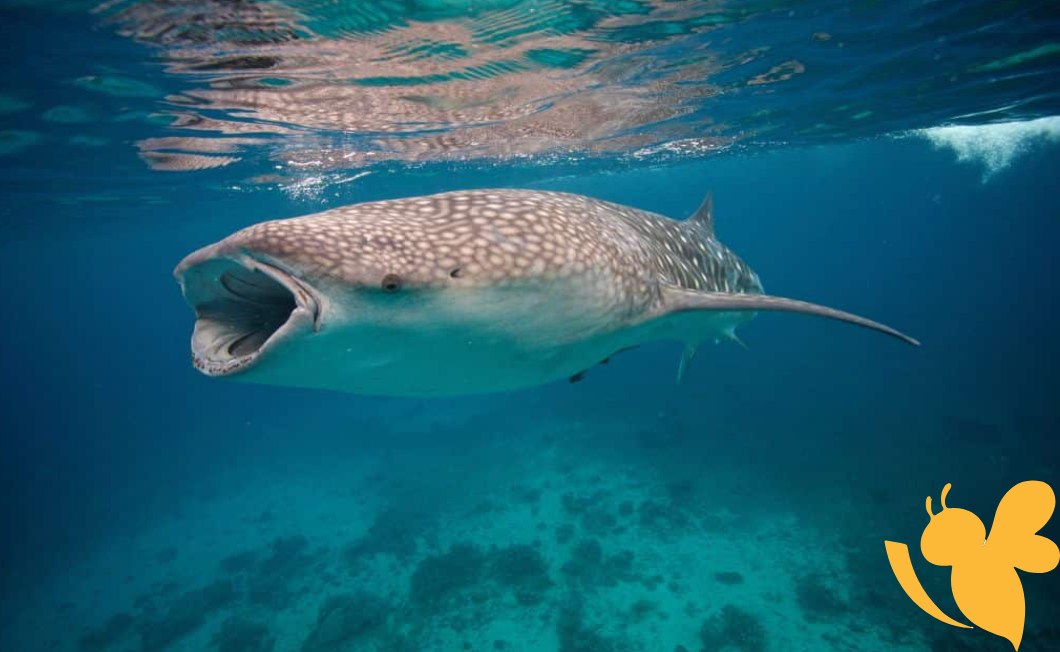New research indicates that the world's oceans are undergoing significant darkening, with approximately 21% of the global ocean experiencing reduced light availability between 2003 and 2022. This phenomenon poses a substantial threat to marine life, particularly for species reliant on sunlight and moonlight for navigation and feeding. The darkening was attributed to various factors, including shifts in algal blooms, rising sea surface temperatures, and increased artificial light penetration . Consequently, these changes may lead to heightened competition for food resources among marine organisms, potentially altering entire ecosystems and impacting human life through diminished fish stocks and compromised air quality.
Satellite data and numerical modelling revealed that more than a fifth of the global ocean darkened between 2003 and 2022, reducing the band of water that life reliant on sunlight and moonlight can thrive in.
The effect is evident across 75m sq km (30m sq miles) of ocean, equivalent to the land area of Europe, Africa, China and North America combined, and disturbs the upper layer of water where 90% of marine species live.
Dr Thomas Davies, a marine conservationist at the University of Plymouth, said the findings were a “genuine cause for concern”, with potentially severe implications for marine ecosystems, global fisheries and the critical turnover of carbon and nutrients in the oceans.
This progressive darkening results in less light reaching beneath the waves into areas known as photic zones, where nearly 90% of all ocean life currently resides. The new findings have aroused concern among scientists over how ocean darkening may affect organisms that normally rely on light from the sun and moon.
The research, carried out by scientists from the University of Plymouth and Plymouth Marine Laboratory, comprises more than a decade of studies on the impact of light on Earth’s oceans.
The new research, published in Global Change Biology, combines satellite data and advanced numerical models to study changes in the depth of photic zones around the world. It revealed that large portions of open ocean and shallower coastal waters—an estimated 21% of all global ocean water—had darkened between 2003 and 2022.
Professor Tim Smyth, head of science for marine biogeochemictry and observations at the Plymouth Marine Laboratory, said: “The ocean is far more dynamic than it is often given credit for. For example, we know the light levels within the water column vary massively over any 24 hour period, and animals whose behaviour is directly influenced by light are far more sensitive to its processes and change.
Moreover, climate change has been linked to another critical concern: ocean deoxygenation. As global temperatures rise, expanding low-oxygen zones threaten marine species such as sharks that require higher oxygen levels . These sensitive indicators provide valuable insight into the broader implications of changing oceanic conditions. Furthermore, a recent study highlights that over half of the oceans have shifted towards greener hues due to climate-induced changes in phytoplankton populations. This color alteration not only signifies ecological shifts but also underscores humanity's profound impact on Earth's biosphere. Overall, these interconnected issues necessitate urgent attention to mitigate their detrimental effects on marine ecosystems.
Read more
Real Betis vs Chelsea: prediction , confirmed lineups and free online live stream Foggy Vandenberg Space Force Base hosts latest SpaceX Starlink launch.
Sara H
Also on site :
- Elon Musk resigns from US government role following tax bill disagreement with Trump
- Trump administration cancels $766M Moderna contract for pandemic flu vaccine
- US halts tech exports to China and China slams as 'bullying,' vows response

